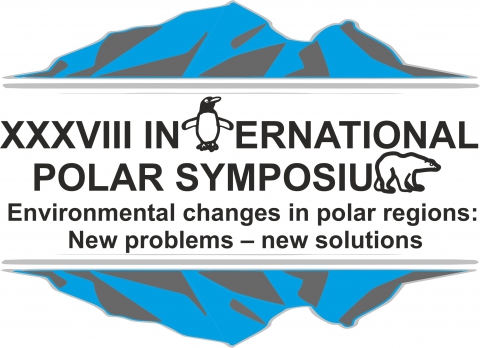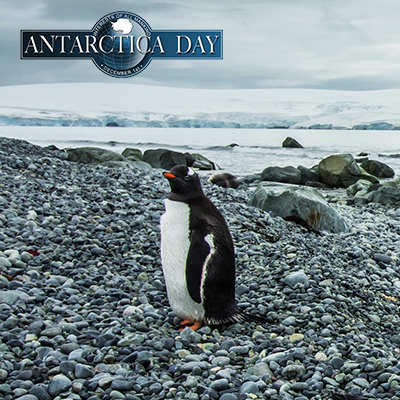- Home
- About
- Membership
- Programs
-
Meetings
- AGU Community Meetings
- ARCUS Annual Meetings
-
ARCUS Meeting Archive
- 2024 ARCUS at AMSS
- 2023 NPS Beringia Days
- 2023 ARCUS at ASSW
- 2022 Arctic Research Speed Networking
- 2022 Arctic Research Funders Meet & Greet
- 2021 Engaging Arctic Youth in STEM
- 2021 Interdisciplinary Collaboration Workshop
- 2020 ARCUS at APECS Conference
- 2020 Polar Technology Conference
- 2020 NNA Investigators Meeting
- 2018 Alaska Marine Science Symposium
- 2018 Women's Perspectives Luncheon
- 2018 ARCUS at POLAR2018
- 2017 Arctic Research Day
- 2017 Arctic Science Summit Week
- 2017 ARCUS at Week of the Arctic
- 2016 Alaska Marine Science Symposium
- 2016 Arctic Science Summit Week
- 2016 ARCUS at Arctic Circle
- 2016 National Park Service Symposium
- 2016 Arctic Science Ministerial Side-Event
- 2016 USArray Sustainability Workshop
- 2015 Arctic Observing Open Science Meeting
- 2013 Logistics Workshop
- 2010 State of the Arctic
- 2010 Northern Oil and Gas Forum
- 2008 NPS Park Science in the Arctic
- SEARCH Program Meeting Archive
- Calendar
- Resources
- Search
ARCUS facilitates cross-boundary Arctic knowledge, research, communication, and education in the US, and with partners across the globe.


